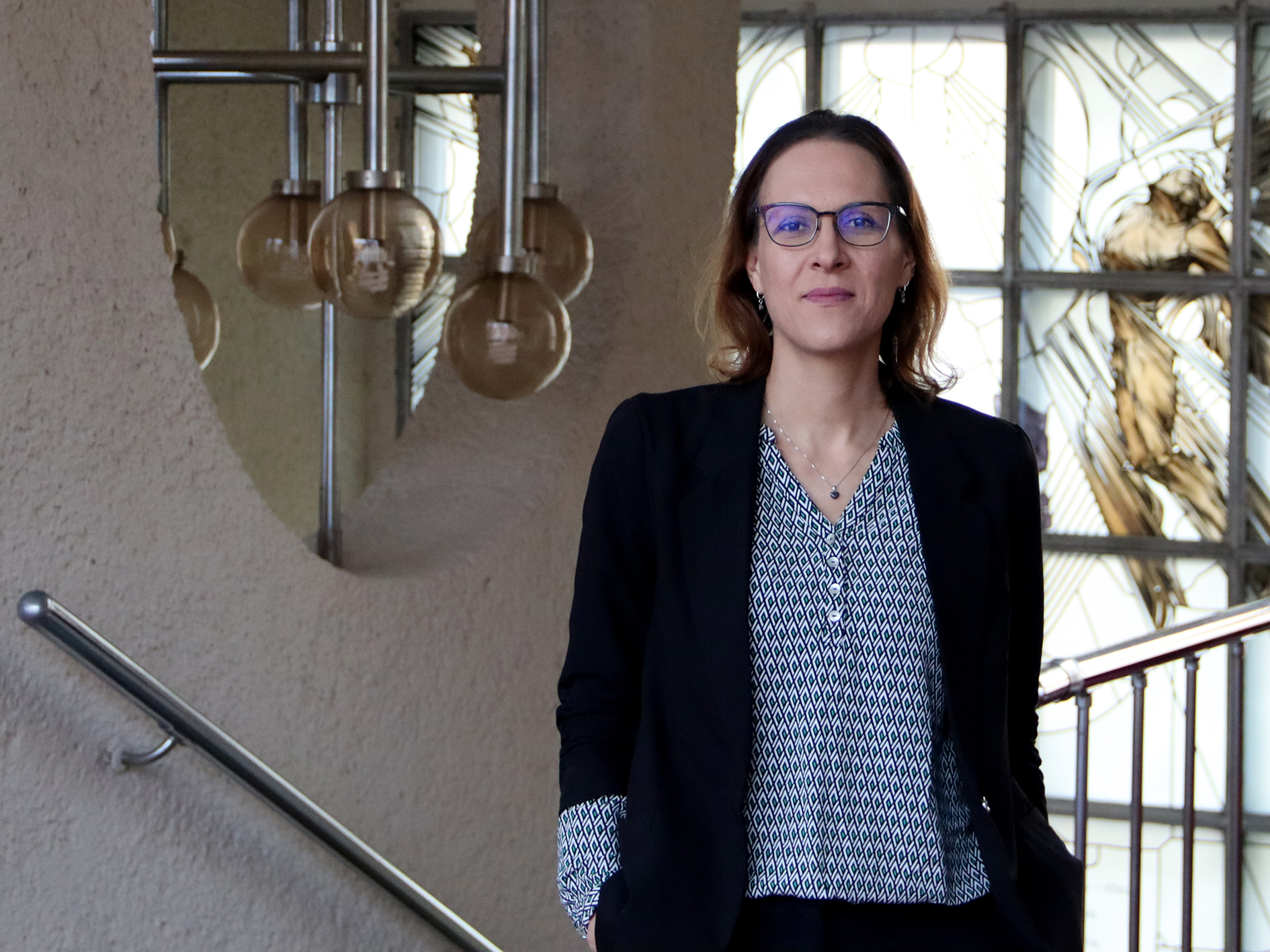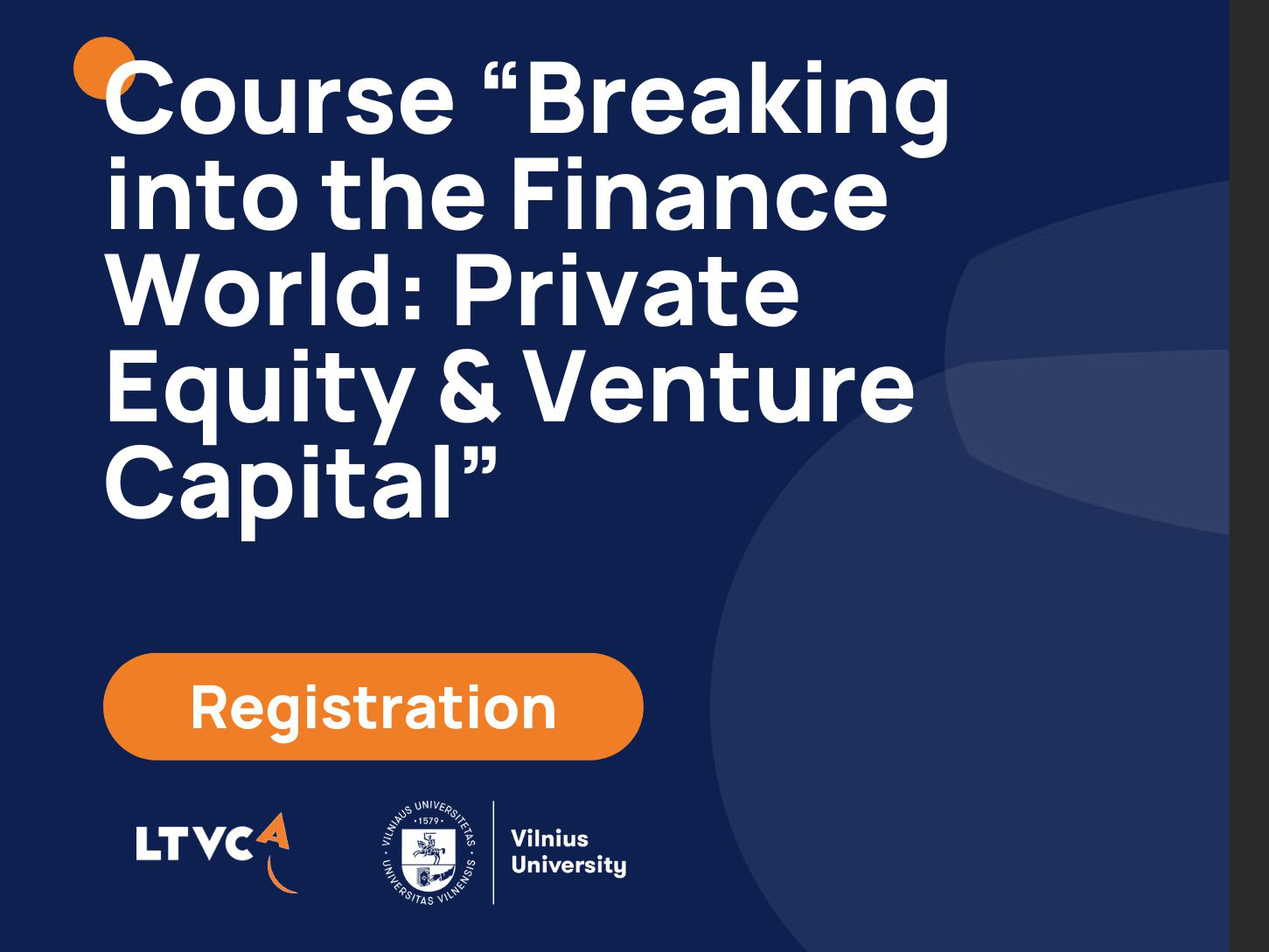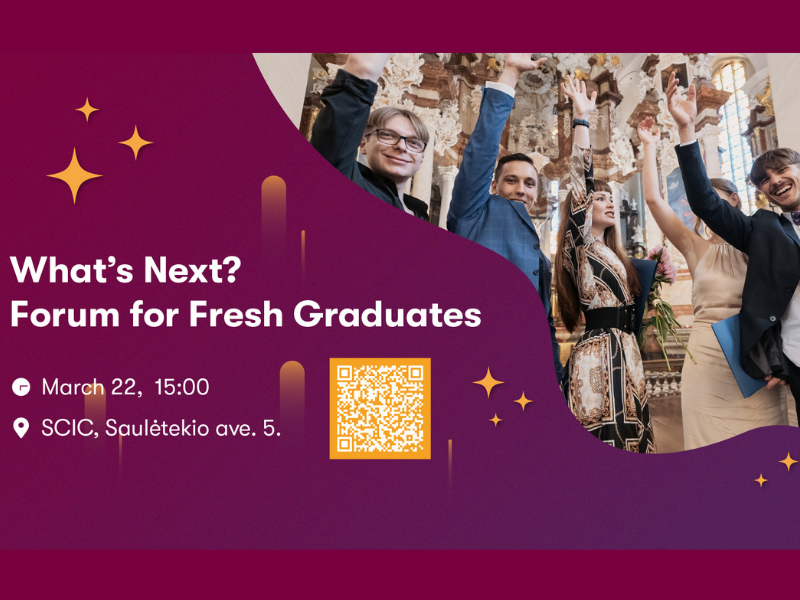Digital Humanities: from open source tools, to the application of artificial intelligence, to the latest research opportunities
 Dr. Aušra Kairaitytė-Užupė, a member of the research group “Culture and Digital Humanities at the Institute of Languages, Literature and Translation Studies of the Kaunas Faculty, took part in the winter training week at Leiden University in the Netherlands in the framework of the “Erasmus+"” program of Vilnius University. During the visit, the researcher got acquainted with the activities of the Digital Laboratory of Leiden University, attended the Digital Humanities Pilot Projects Symposium, and took part in the Digital Skills Workshop.
Dr. Aušra Kairaitytė-Užupė, a member of the research group “Culture and Digital Humanities at the Institute of Languages, Literature and Translation Studies of the Kaunas Faculty, took part in the winter training week at Leiden University in the Netherlands in the framework of the “Erasmus+"” program of Vilnius University. During the visit, the researcher got acquainted with the activities of the Digital Laboratory of Leiden University, attended the Digital Humanities Pilot Projects Symposium, and took part in the Digital Skills Workshop.
The visit confirmed the researcher's view that digital humanities, which links social sciences and arts with information technologies, are becoming increasingly important. The rapid development of technology offers more and more new opportunities for the application of methods to process data and pose new research questions, and the challenges posed by the interaction between humans and technology are becoming more pressing.

 The Lithuanian Private Equity and Venture Capital Association (LT VCA) in cooperation with Vilnius University (VU), for the second year in a row, is organising the course "Breaking into the Finance World: Private Equity and Venture Capital" for VU students, alumni, and other industry players.
The Lithuanian Private Equity and Venture Capital Association (LT VCA) in cooperation with Vilnius University (VU), for the second year in a row, is organising the course "Breaking into the Finance World: Private Equity and Venture Capital" for VU students, alumni, and other industry players.



